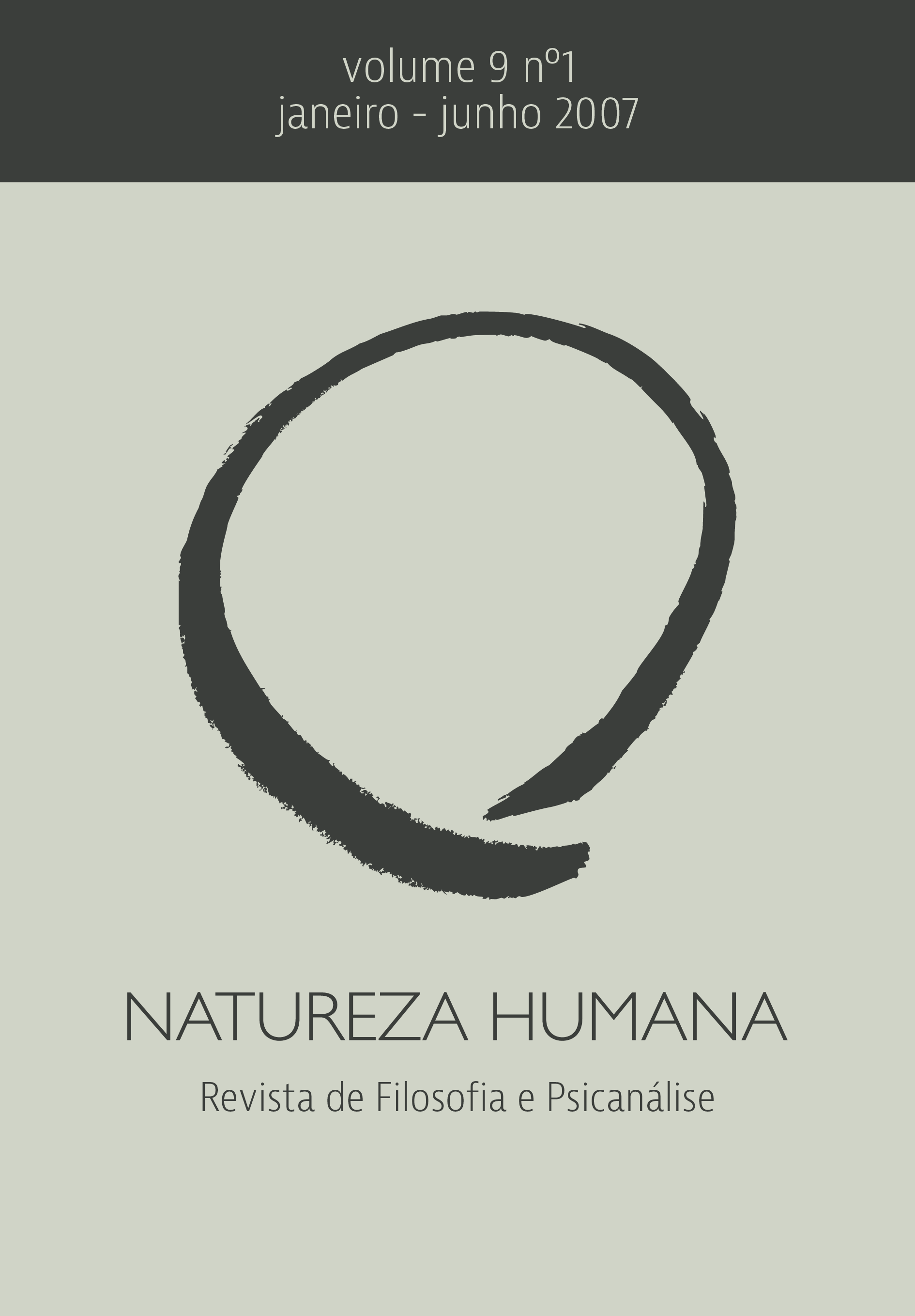Winnicott and Heidegger: Indications for a Study Regarding the Theory of Maturation and Human Happening
DOI:
https://doi.org/10.59539/2175-2834-v9n1-906Keywords:
psychoanalysis; existential phenomenology; onthology; paradigm shift; maturation; human approximation; Kuhn; Freud; Winnicott; Heidegger.Abstract
The aim of the present work is to investigate the possibility of establishing a bond between Winnicott’s theory of personal maturation and Heidegger’s theory of Geschichtlichkeit (historicity). We used Kuhn’s notion of paradigm to distinguish Winnicott’s psychoanalysis from traditional psychoanalysis (Freud and Klein) within the framework of historical development of psychoanalysis. By this choice, we intend to show, on one hand, that the ontology found in Winnicott’s theory approaches a way of thinking human nature which is very close to Heidegger’s post-metaphysical conceptions so that his theory appropriation could illuminate the comprehension of the ontological elements that compose Winnicott’s theory. However, on the other hand, that movement of approximation points towards a distancing, which shows that Winnicott’s psychoanalysis contains several instigating and additional issues in relation to existential phenomenology.Downloads
Published
2024-10-02 — Updated on 2007-10-02
How to Cite
Santos, E. S. (2007). Winnicott and Heidegger: Indications for a Study Regarding the Theory of Maturation and Human Happening. Human Nature - International Philosophy and Psychology Review, 9(1), 29–49. https://doi.org/10.59539/2175-2834-v9n1-906
Issue
Section
Artigos








